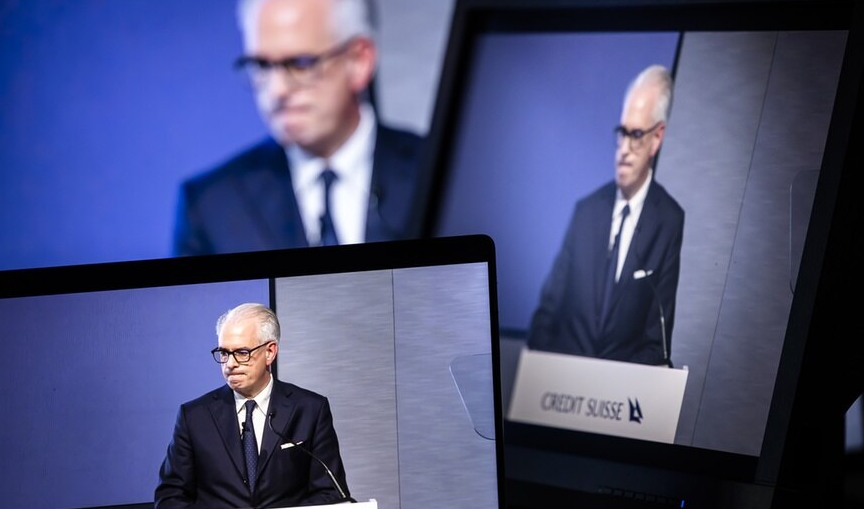Both gender and location influence the cost of end-of-life healthcare in Switzerland, finds a study funded by the Swiss National Science Foundation.
In their analysis of 113,277 people who died between 2008 and 2010, researchers studied regional variations in cost of care during the last 12 months of life in Switzerland. Per person, the mean cost of care during that final year was CHF32,500 ($33,540). The data came from insurance claims provided by six major Swiss health insurers.
“Costs tended to be higher among foreigners, married persons, residents of Latin-speaking parts of Switzerland, and areas of higher SEP [socioeconomic position]. Costs were slightly lower in areas with a higher density of nursing home beds and lower density of hospital beds,” states a report from the studyexternal link, which was led by Radoslaw Panczak of the Institute of Social and Preventive Medicine at the University of Bernexternal link.
In concrete terms, dying in French- and Italian-speaking Switzerland costs about 20% more than in German-speaking Switzerland – where people are more likely to die in hospital rather than at home or in a nursing home.
In addition, the study suggests that doctors in French-speaking Switzerland treat pain more aggressively than their German-speaking counterparts, and are “less likely to comply with patients’ wishes for minimal or no treatment” – a finding also highlighted in a previous study.
Men cost more
The study led by Panczak also found that men generate more end-of-life health expenses than women – who tend to outlive their partners and die at an older age.
“Very high ages of death are associated with lower health costs. A married man probably isn’t so old, and he still lives at home with his wife,” researcher Marcel Zwahlen, also of the University of Bern’s Institute of Social and Preventive Medicine, explained to swissinfo.ch. “If a 60-year-old man has a stroke, basically you try everything.”
Do widows receive less healthcare in the last 12 months of life because they are less interested in living even longer?
“It sounds plausible, but I don’t have the evidence to back that up. But I can imagine that spouses have ‘what to do’ discussions regarding end-of-life care. I think men would behave similarly if they lived longer,” Zwahlen said.
The study highlights similarities between Swiss and American end-of-life healthcare, noting that both Swiss and American data “reinforce the large economic burden EOLC [end-of-life care] places on the health care system”.
“Switzerland is similar to the US in that it’s complicated to calculate costs. Once you’re in a nursing home, the health insurance only covers a part of it – the rest is covered by burning up your savings,” Zwahlen pointed out, emphasizing that his study only factors in the health costs reimbursed by the insurance companies.
As for foreigners, it’s not quite clear why they tend to generate more expenses if they live their final years in Switzerland.
“I can imagine that the foreigners are younger – maybe working here – or for some reason still labelled as non-Swiss,” Zwahlen said.
‘End of Life’ project
The Swiss National Science Foundation is wrapping up its interdisciplinary ‘End of Life’ projectexternal link, which includes 33 sub-projects looking at the topic.
As stated on its website, the purpose is “to gain knowledge useful to guiding decisions and practices at the end of life and to make this knowledge available to decision-makers in the health care system, as well as to politicians and professionals involved in the care of persons at the end of life.”
Its overall budget is CHF15 million ($15.5 million), and the timeframe for the research is five years. The project will conclude in November.
Full story here Are you the author? Previous post See more for Next post
Tags: Business,newslettersent






































